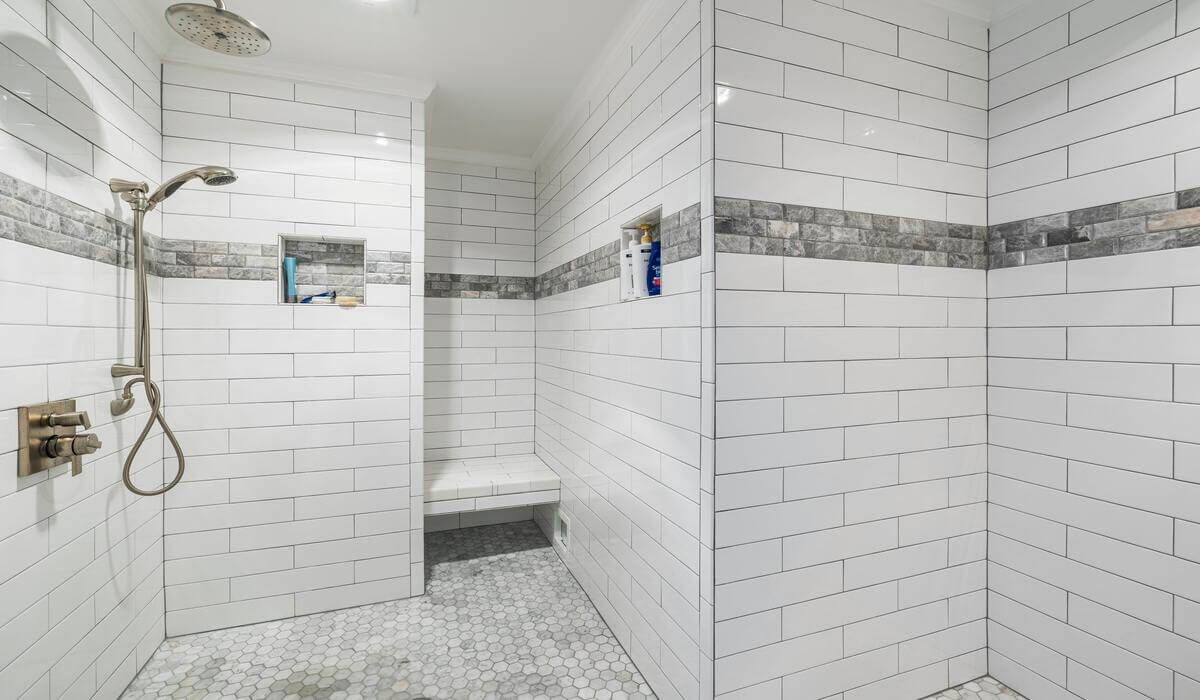A bathroom is a wet place in your home that has constant contact with water. Though bathrooms are designed to tolerate heavy water usage, the moisture and water could seep over time into the walls and floors, leading to water damage.
If not addressed in time, water damage can cause structural damage, mould growth, mildew, and more. It becomes expensive to repair heavy water damage in your bathroom and not to mention you have to put in a lot of effort and time to fix the issue.
If you are planning to sell the property without sorting out the water damage, you may not get the potential clients. Also, the pest control board will inform the buyers about the water issues you have at your home. So, it’s best to fix the problem right away.
Common Causes of Water Damage
- Leaks:
If you notice water stains on the bathroom walls, discolouration, a musty smell or the bubbling presence in the plasterboard, then it means that the water is seeping inside. You have to check for the source of the leak and get it fixed to minimise the water damage. Also, check under the vanities, toilets, sinks, etc., to make sure the area is perfect without leaks. - Poor Waterproofing:
In wet areas like the bathroom, waterproofing should be done thoroughly. If it’s not, water could seep into the walls, causing moisture retention. The wetness cannot be dried easily and it could lead to water damage. You can notice the signs like peeling of paint, water stains, odd smells, etc., to know that your house has poor waterproofing. - Roof Damage:
Water damage becomes a serious issue when the moisture in the walls reaches the ceiling. If you have a false ceiling, then it could develop water stains, peeling paint, etc. The roof tiles could fall off, develop mould and mildew etc., and it feels like the roof could fall any minute.
Tips for Minimising Water Damage
- Inspect Your Plumbing
You can minimise water damage if you inspect your plumbing lines regularly. You can call a professional plumber and have pipelines and connections checked throughout your home. Inspect whether all the connections to the taps are tightly sealed and no cracks are present on the pipes.
Also, inspect your bathroom and make sure the fixtures like sinks, toilets, and showers are not corroded with rust and other stains. If they are, have them replaced or repaired depending on the situation. - Check for Leaks
If you are not paying attention to the small leaks present around your home, it could become a bigger problem. Even the smallest of leaks in your home can cause water damage if it’s ignored for too long. Check for leaks regularly and repair them as early as possible.
Always check beneath the sinks, toilets, and shower for the presence of leaks. If you notice water stains, wet spots, or discoloured tiles, then there is a leak that you should take care of. - Inspect Your Tiles
If the tiles at your home are making a hollow sound when you walk on them, then it could indicate the presence of water damage. The water could have seeped beneath and may have caused the adhesives to weaken, resulting in a hollow sound. Don’t ignore these tiles and make sure to address the problem before the water damage is maximised. - Maintain Water Heaters
If the water heaters are not installed properly, then it could lead to leaks. You should frequently check for corroded pipes and fittings, especially if the water heaters are old. Make sure to follow the manufacturer’s guidelines when you are maintaining the water heaters to ensure that it’s done correctly.








